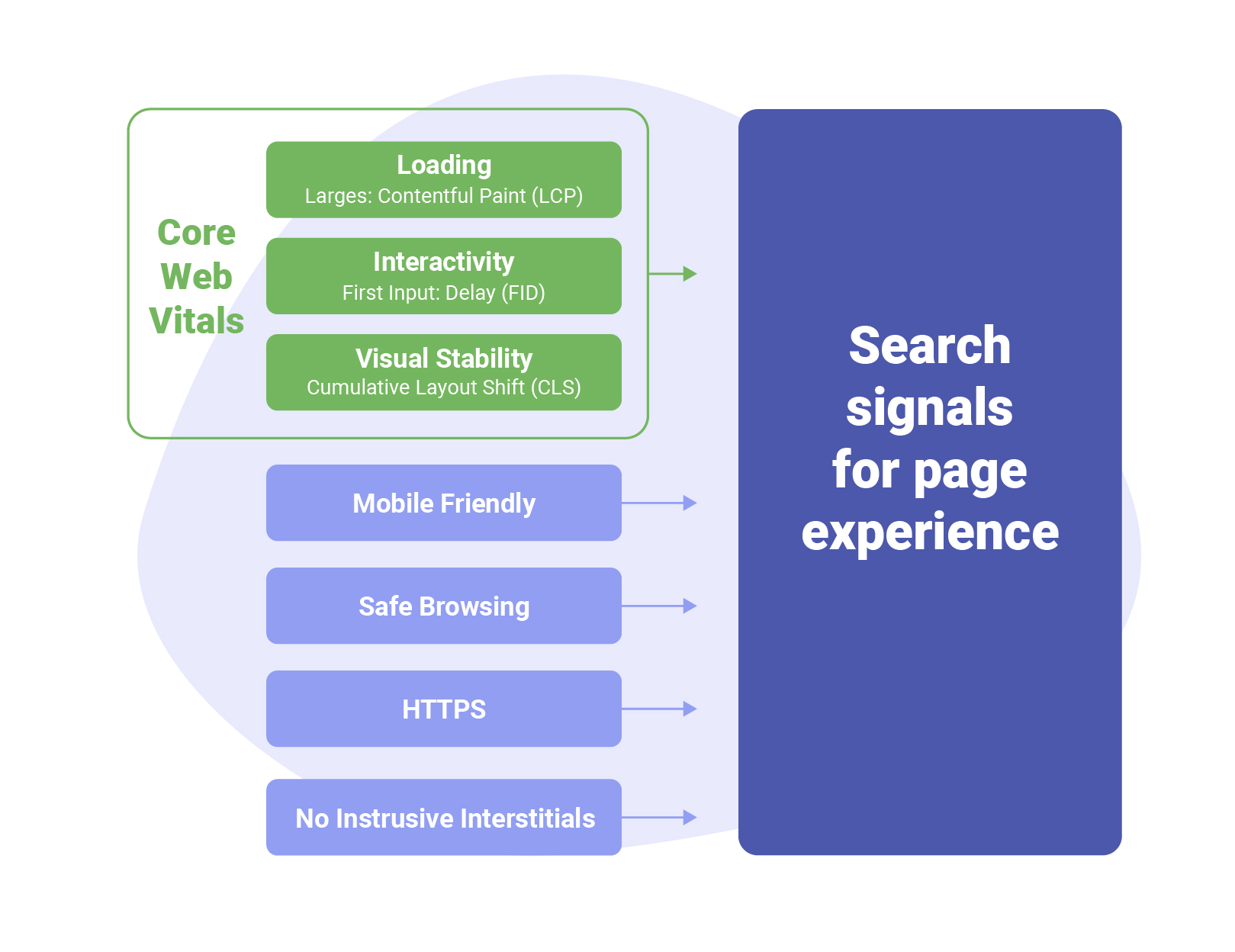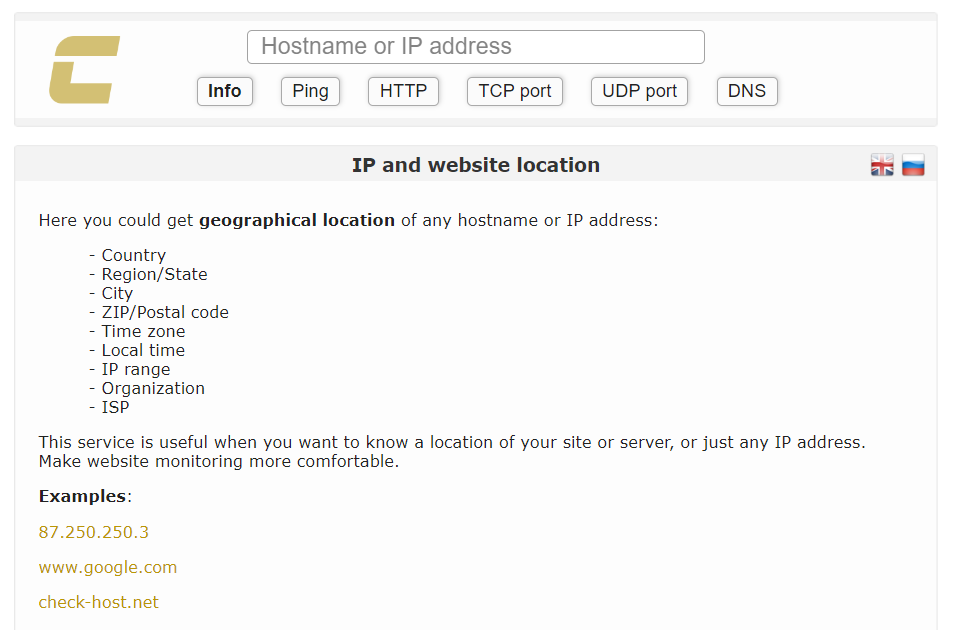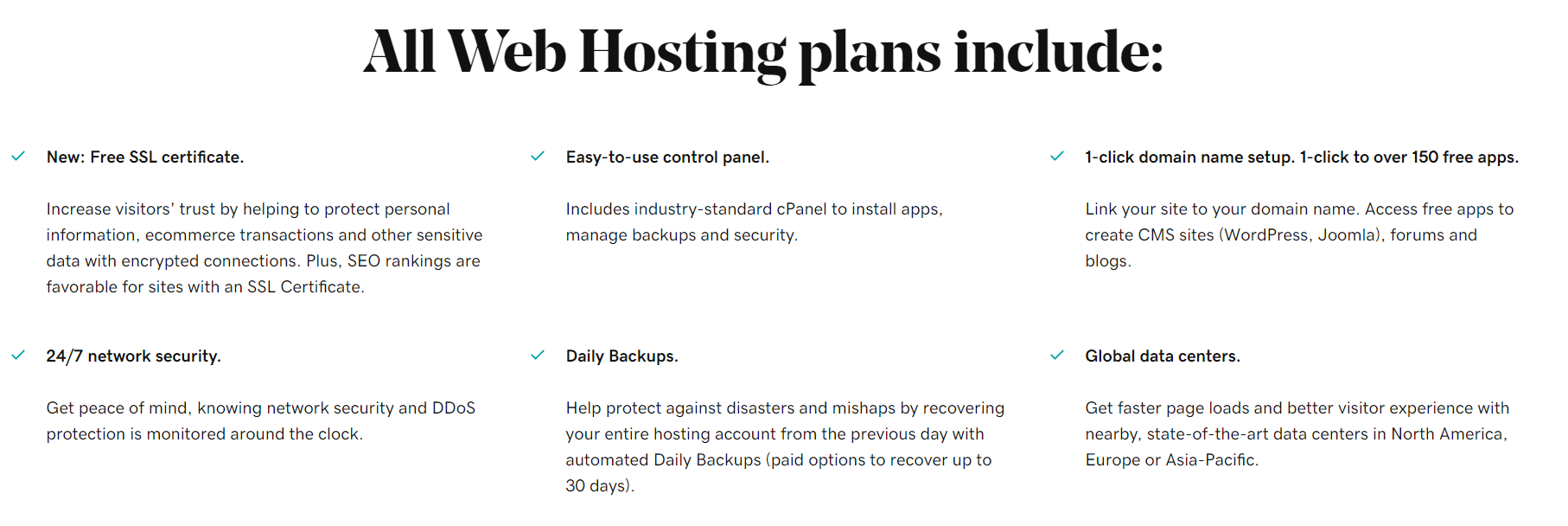Find out how web hosting impacts your site’s SEO performance and learn what features to look out for when choosing your hosting provider.
How Does Web Hosting Affect SEO?
Author: Rafal Woszczak, Mid SEO Specialist

If you didn’t already know, Google takes into account over 200 ranking factors to determine the position of a website in its search results. It is widely known that in order for a site to achieve high positions in Google, it should contain high-quality content that responds to user queries and have high-quality backlinks from reputable sites. One of the lesser-known facts is the impact of web hosting on SEO. In this article, you will learn how this element affects the rankability of a website in Google.
There are several key factors related to hosting that affect your website’s ability to rank:
- hosting speed
- server IP address location
- hosting security
- reliability
- network reputation
Also important are the possibilities of scaling the hosting and the availability of additional services.
Page Performance
Page Speed
How quickly your page loads on desktop and mobile devices has a huge impact on the success of your site and a significant element of your page speed depends on the hosting.
One reason why this is important is because it is a significant ranking factor for Google, on which the positions of the pages in the search engine depend.
Another factor is associated with the behaviour of the users. If a page does not load quickly enough, users will switch to your competition’s website, and they likely will not come back; this is known as bounce rate.
You can measure your page speed using Google’s own PageSpeed Insights tool.

A good example of the importance of PageSpeed is Amazon, who conducted a study where revenue increased by 1% for every 100ms page speed improvement.
Core Web Vitals
On May 28, 2020, Google introduced a new evaluation system called Core Web Vitals, which became part of its ranking system in June 2021. This algorithm tests factors that are related to Page Experience, that is, the quality of the experiences of people using the site. The key role in this evaluation is the time it takes to load the page.
Factors that, according to Google, make up the user experience of the site are:
- Mobile Friendliness – an evaluation of the site in terms of adaptation to mobile devices. It compares whether the experience of a user using a mobile device is as good as that of a user using a desktop computer. You can test whether your pages are mobile friendly via this tool.
- PageSpeed Insights Indicator – an evaluation of the site in terms of loading speed.
- HTTPS ranking boost – sites secured with an SSL certificate are considered more secure and, for this reason, have better visibility in organic search results.
- Intrusive Interstitials – the presence of intrusive ads, pop-ups, and windows that cover the content of the page, which are difficult to close, and reduce the value of the page.

- Safe Browsing – the presence of malware also reduces the value of the page.
Starting in 2021, Google is taking into account indicators related to loading time, page interactivity, and stability of loaded content, that is, Core Web Vitals:
- Largest Contentful Paint (LCP) – the time it takes for the page to load the largest element. It should not exceed 2.5 seconds.
- First Input Delay (FID) – the interactivity indicator of the page. For the smooth and convenient use of the site, the FID should be shorter than 100 milliseconds;
- Cumulative Layout Shift (CLS) – the visual stability indicator. For a good User Experience of the site, the CLS result should be less than 0.1.

The new algorithm analyses both the previous requirements along with these three new factors, and on this basis, the UX of the page is assessed. The priority is Core Web Vitals, while the previous factors supplement this evaluation.
Features of Good Hosting
There are many factors that can slow down your site:
- unoptimised code
- a large number of uncompressed photos
- overloaded or poorly optimised database
It is worth taking care of all these factors to make your website work more efficiently, but it is equally important to choose the right hosting provider. Any optimisations will not bring the intended result if the hosting services are of low quality. The three most important things to look out for when choosing a hosting are:
- TTFB Response Time – reflects the level of efficiency, speed and effectiveness of the client-server connection. By testing TTFB (Time To First Byte), you can compare the quality of individual hosting providers’ offers. The response time itself also depends on the application architecture and code performance, but the better the hosting plan, the better results are achievable.
- Performance – it is easy to keep TTFB times low for pages that are not very popular and do not generate a lot of traffic. It is important that the hosting can also cope with the increased load without significant drops in performance, longer server response time and longer TTFB time.
- Redundancy – it is necessary because it may happen that, for some reason, the traffic on your website will be multiplied for some time. Hosting should go beyond your needs so that the website is ready for such unforeseen situations.
Hosting Security
You need to ensure that your hosting provider has security measures in place to protect your website against hacker attacks and appropriate procedures to protect your files and any sensitive data.
Attacks on a computer system or a network service (DDOS) or getting viruses can cause very serious consequences. A long-term downtime of the website, loss of data or spam placed within the website has a negative impact on business and SEO.
The worst possible scenario would be a leak of customer data, which could additionally cause legal problems. A good hosting provider should have appropriate security measures to protect against such activities.
Even if the website was attacked or there were losses in the event of a failure – the appropriate procedures of the hosting provider can save you.
It is worth examining what support the hosting provider offers in the event of such a situation. If files and database backups are made frequently and regularly, it will be possible to restore the website to its previous state, and sufficiently strong database encryption can protect against customer data leakage.
Server Location
The location of the server also has an indirect impact on rankings due to two aspects.
First of all, the TTFB time varies depending on how far the user is from the server. This has a direct impact on the speed of page loading and, thus, User Experience, positioning and conversions. For example, it takes longer for a UK user to access a page when compared to a New Zealand-based user if the server is located in Australia.
Secondly, Google analyses and keeps note of the location of the server. It is difficult to clearly determine whether this currently affects rankings but it’s important to be aware of this fact.
Although the algorithms are already developed enough to recognize the language of the website and verify the contact details or geographical origin of the link profile – it is wiser not to risk it and bet on servers in the home country.
You can check the location of your host using this tool.

Hosting Reliability
When choosing hosting, a particularly important factor is its availability and reliability. The availability of a website or web application means the time of failure-free operation of the hosting service compared to the total time during which this service should be provided.
Availability of 99% will mean that 99% of the time, the service should run smoothly, while the remaining 1% is the time during which service work is in progress, or a failure has occurred. In a non-leap year, it would be less than 88 hours of service downtime. If the interruption in the operation of the website did not occur due to an error in its code or interference with the server settings, its operation should be dependent on the level of hosting failure.
Why is this important? Apart from providing a good user experience, it also has the added benefit of ensuring that your website is available to search engine robots at all times. In the event that indexing robots encounter a server error at the time of scanning due to a hosting failure or maintenance work, this may affect the website’s rankings.
A one-off incident probably shouldn’t make a big difference, but if it happens repeatedly, it can have serious consequences for your page’s visibility in organic search results. This is because if your content isn’t easily accessible for Google, it won’t be indexed and as a result, will not rank.
Network Reputation
In the case of many hosting providers, you can meet the practice of sharing IP between many clients. Hosting operating in this way is intended to save resources and reduce maintenance costs. If you choose an untrusted provider, it may turn out that your website is adjacent to the following pages:
- PBN (Private Blog Network) – whose one purpose is to link to other pages
- containing illegal or controversial content
- about pornography or gambling
- of very low-quality spam.
By placing the website on the hosting where it resides in the vicinity of the above types of pages, you can expose yourself to decreases in visibility within the SERPs.
One of the indicators that may suggest that your website is on a hosting that shares an IP address with the above websites may be, for example, that the emails you send to customers are filtered and moved to the spam folder. It may also happen that you are unable to perform some tests in publicly available analysers.
So what impact does the reputation of a hosting provider’s network have on search rankings? The information provided on this subject by the creators of Google is vague, and it is difficult to draw a final conclusion.
People involved in Google development are well aware of the existence of shared hostings. Punishing a website severely just because it was hosted in the wrong way would not be a wise strategy.
On the other hand, there is a high probability that this may reduce the credibility of the website. It is wiser not to turn a blind eye to this issue, reduce the risk and use the services of trusted hosting providers.
Additional Features
When choosing a hosting provider, it is worth paying attention to whether it also offers additional features such as:
- SSL certificate
- Additional layers of infrastructure in the form of CDN
- Use of the HTTP/2 protocol
For example, here are some of the additional features that GoDaddy offer:

Trouble-free installation of the SSL certificate, setting the geolocation of the IP address and using the Content Delivery Network – should be standard among good hosting providers.
Changing hosting for a better one when your website is already online can be troublesome. However, you should not give up migration if it will positively improve your position in Google.
Hosting Scalability
Hosting scalability is a factor that is particularly important in the case of extensive websites and online stores. Although in the beginning, your website may consist of only a few dozen articles or products, in the future, there may be thousands.
Over time, it may also be the case that the site will be expanded with new functionalities, each of which will require additional resources. Future increases in traffic should also be considered. You should choose a server that can handle future developments of your site.
One of the methods to assess the scalability of the hosting, in addition to carefully familiarising yourself with the offer, would be to check the portfolio of the hosting provider and check if the solutions offered by the hosting provider are used by well-known websites with high popularity.
The Bottom Line
Choosing the right hosting can make it easier to run a website as well as help improve your visibility in Google’s search results. It’s worth comparing different hosting providers and choosing a reliable and trustworthy service. The choice should be well thought out, and prospective.
More articles
View more of our research.

Constructing An eCommerce Website for SEO
Find out how to construct an eCommerce website that is great for users and accessible for search engines.

Educating Clients on the Value of SEO: A Guide for Marketing Managers
Find out how marketing professionals can transform their clients' perception of SEO by educating them about the value that it can bring to their businesses.
